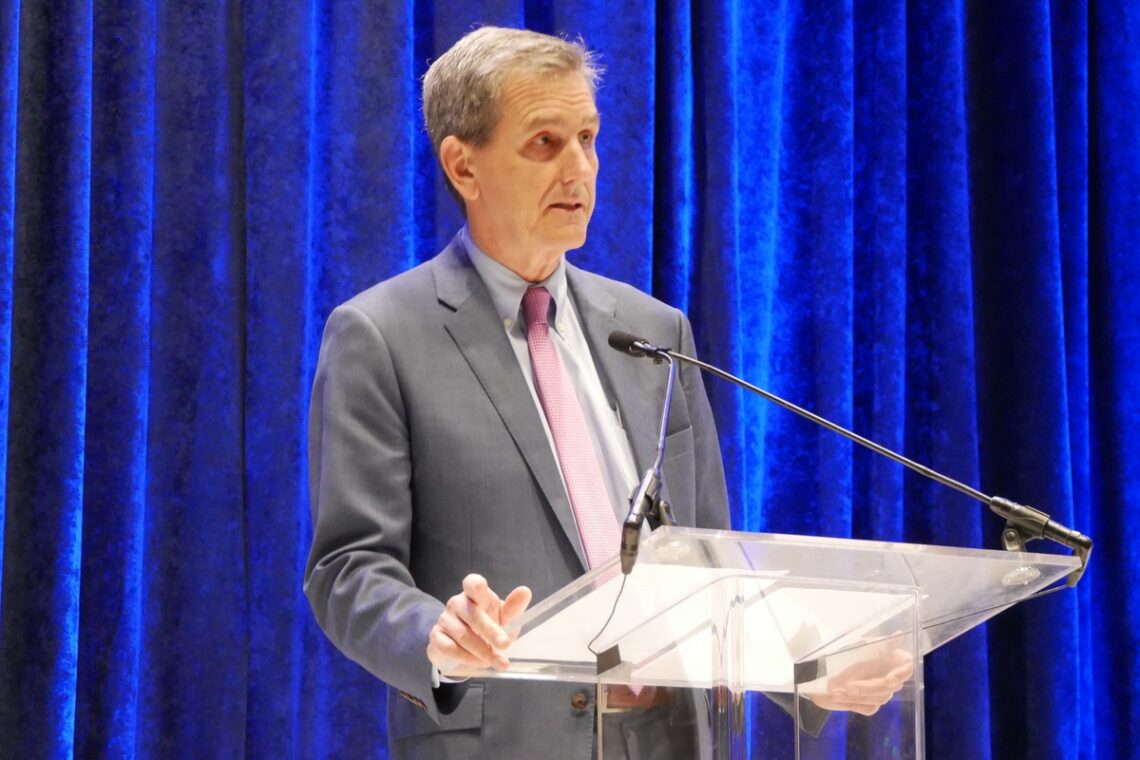WASHINGTON — Congress is expected to decide in the next two weeks whether to extend current restrictions on regulating the safety of commercial human spaceflight occupants, and if so, for how long.
House and Senate negotiators are working to finalize a new long-term Federal Aviation Administration reauthorization bill that would extend and modify existing authorities for the agency set to expire March 8. Congress previously passed two short-term stopgap extensions of provisions that had been set to expire last October.
Among the provisions expected in the reauthorization bill is an extension of the “learning period” limiting the FAA’s Office of Commercial Space Transportation, or AST, from regulating safety of people who fly on commercial spacecraft. That provision, which includes exceptions in the event of serious accidents, was enacted in late 2004 and extended several times to give the industry more time to build up experience upon which regulations could be based.
Many in the industry, as well as their advocates in Congress, are seeking a long-term extension of the learning period. The Commercial Space Act of 2023, approved by the House Science Committee in November, would extend the learning period through September 2031.
“Congress has consistently extended the learning period over the years to allow operators and the FAA to gather data on a multitude of different vehicles over a large number of launches before embarking on the regulatory process,” Rep. Brian Babin (R-Texas), chair of the House Science Committee’s space subcommittee, said in remarks at the FAA Commercial Space Transportation Conference Feb. 21.
“I hope that we can provide a longer extension going forward so that industry and the government have some level of certainty for planning purposes,” he added.
The FAA has argued in the past that the learning period should be allowed to expire, arguing that doing so would give the agency the ability to…
Read the full article here

